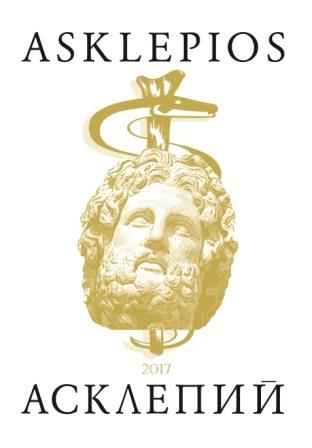Информирано съгласие – исторически и философски щрихи на една революция
Informed consent – historical and philosophical outline of a revolution
Author(s): Atanas AnovSubject(s): Philosophy, Social Sciences
Published by: Балканска асоциация по история и философия на медицината (БАИФМ)
Summary/Abstract: Informed consent succeeds in revolutionizing medical practice by putting an end to the paternalistic „doctor knows best“ and placed the patient in the role of an active participant in decision-making on the therapeutic process. The purpose of this report is to illustrate through historical and philosophical reflection on literature how informed consent revolutionizes medical practice. The paternalistic attitude towards the patient began in the Antiquity and continued until the second half of the 20th century. History of informed consent is dominated by Martin Pernik’s thesis – informed consent has always been present in medical practice; and Jay Kats – the idea of informed consent is a twentieth century creation. In history of medicine we can find evidence about telling the truth to the patient, which is an important part of the idea of informed consent. Telling the truth has not been accepted by medical practice since the time of Hippocrates. In the Middle Ages, paternalism towards the patient and authoritarianism towards the physician was enhanced by theology. The Enlightenment manages to soften the paternalism and introduce the modern idea of educating the public for the purpose of understanding the physician. It is in the Enlightenment times that the basic elements of the modern idea of informed consent appeared. The concept of „social contract“ and „autonomy“ allow not only to have informed consent in practice today but also to discuss the ethical dimensions of the idea as: protection, autonomy, prevention of abuse, trust, self-ownership. These ideas will form the informed consent as process. Informed consent will remain one of those ideas without which we cannot do today, but it will continue to cause problems for professionals.
Journal: Асклепий. Международно списание по история и философия на медицината
- Issue Year: XIII/2017
- Issue No: 01
- Page Range: 160-163
- Page Count: 4
- Language: Bulgarian
- Content File-PDF

